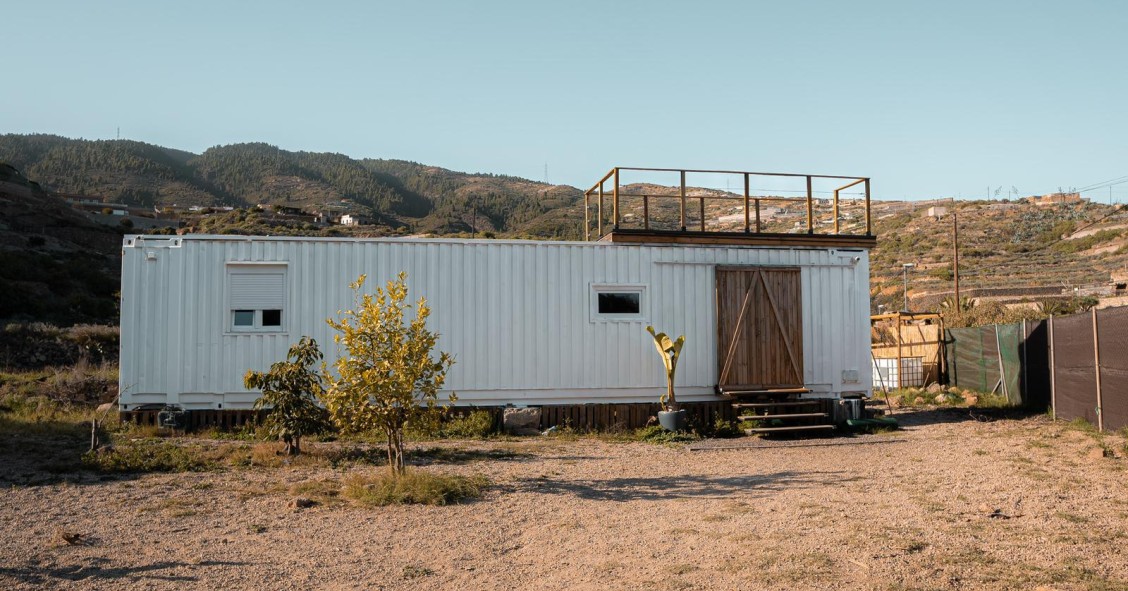
The Spanish land registry is a public institution that registers all information about a property and its legal ownership. It records any change in a property's ownership and the status of its legal situation, such as mortgages, seizures, transfers, inheritance, etc.
When we buy a house, one step we must take is to register it at the land registry. Although it is not mandatory by law, it is highly recommended, as it offers us a series of advantages and benefits as owners. This article tells you everything you need to know about the registration process.
How much does it cost to register a property in Spain?
First of all, to find out how much you will have to pay to register your property at the Spanish land registry, you must know the property's cadastral value, as the rates depend on the value stated in the deeds, as stipulated in Spanish Royal Decree 1427/1989, of 17 November:
| Property value | Rate |
|---|---|
| Below €6,010.12 | €24.04 |
| Between €6,010.13 and €30,050.61 | An additional €1.75 for every €1,000 more in value |
| Between €30,050.62 and €60,101.21 | An additional €1.25 for every €1,000 more in value |
| Between €60,101.22 and €150,253.03 | An additional €0.75 for every €1,000 more in value |
| Between €150,253.04 and €601,012.10 | An additional €0.30 for every €1,000 more in value |
| Above €601,012.10 | An additional €0.20 for every €1,000 more in value |
| - | - |
The total amount will always be between €24.04 and €2,181.67.
An example of how Spanish land registry costs are calculated
Imagine you have just bought a house worth €100,000. Based on the rates above, the total cost is the sum of these amounts:
24.04 + 42.07 + 37.56 + 29.92 = €133.59
Here, the first €24.04 refers to the first €6,010.12 of the value, and the following three figures correspond to the consequent price scales, up to €100,000.
€133,59 would be the most that a registrar can charge you for registering your €100,000 property at the Land Registry in Spain.
Why register a house at the land registry?
The main advantage of registering your property at the Spanish land registry is that it is a legal guarantee against third parties. You publicly state that you are the real owner of the property and that no one can claim or use it without your consent. You, therefore, avoid possible fraud, such as the seller being able to sell the house to someone else or someone else being able to encumber it with a mortgage or a seizure.
Another advantage is being able to secure a mortgage for financing or renovations. Banks only grant mortgages on properties registered with the land registry to ensure that the property exists and is free of encumbrances. Moreover, when you register your home, you can benefit from certain tax reliefs, such as reduced Property Transfer Tax or the Tax on the Increase in Urban Land Value (municipal tax).
What do I need to register my home?
Follow these four simple steps to register your home at the Spanish Land Registry:
- Obtain a notarised copy of the public deed of sale.
- Pay the Property Transfer Tax (ITP) corresponding to your Autonomous Community and keep the proof of payment.
- Pay the municipal tax (plusvalía municipal) and keep the proof of payment.
- Take these documents to the Registry Office where your property is located or upload them electronically, directly through the notary where the deed is issued.
The deadline for registration at the Spanish Land Registry is 15 working days from signing the deed. The registrar will check that the contract was signed with all the requirements established by law, and if there are no faults that prevent its registration, they will proceed with the registration.






